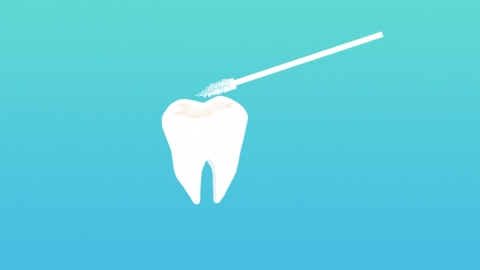Can primary teeth undergo pit and fissure sealing?
Generally, pit and fissure sealing is a common method for preventing dental caries, involving the application of protective materials onto the grooves of teeth to reduce food residue accumulation and bacterial growth. Whether primary teeth can undergo pit and fissure sealing depends on the child's specific oral condition, age, and other factors. If in doubt, it is recommended to consult a professional dentist. Detailed analysis is as follows:

If a child is about 3–4 years old, has fully erupted primary teeth with deep pits and fissures that easily trap food debris, and has poor oral hygiene with a high risk of caries, pit and fissure sealing can be performed. By isolating food and bacteria using sealants, this procedure effectively reduces the likelihood of caries in primary teeth and helps protect their health.
If a child is too young, with primary teeth not yet fully erupted, shallow fissures, good oral hygiene, and a low risk of caries, pit and fissure sealing may not be necessary at this stage. Premature sealing might be ineffective due to poor cooperation from the child and could cause unnecessary irritation to the teeth. Strengthening oral care practices can serve as a preventive measure against caries instead.
After undergoing pit and fissure sealing on primary teeth, parents should assist the child in maintaining good oral hygiene, including rinsing the mouth after meals and brushing teeth thoroughly in the morning and evening. Avoid allowing the child to bite hard foods with the sealed teeth to prevent the sealant from dislodging. Regular dental check-ups are also important; if the sealant becomes dislodged or caries develop, prompt medical attention should be sought.




